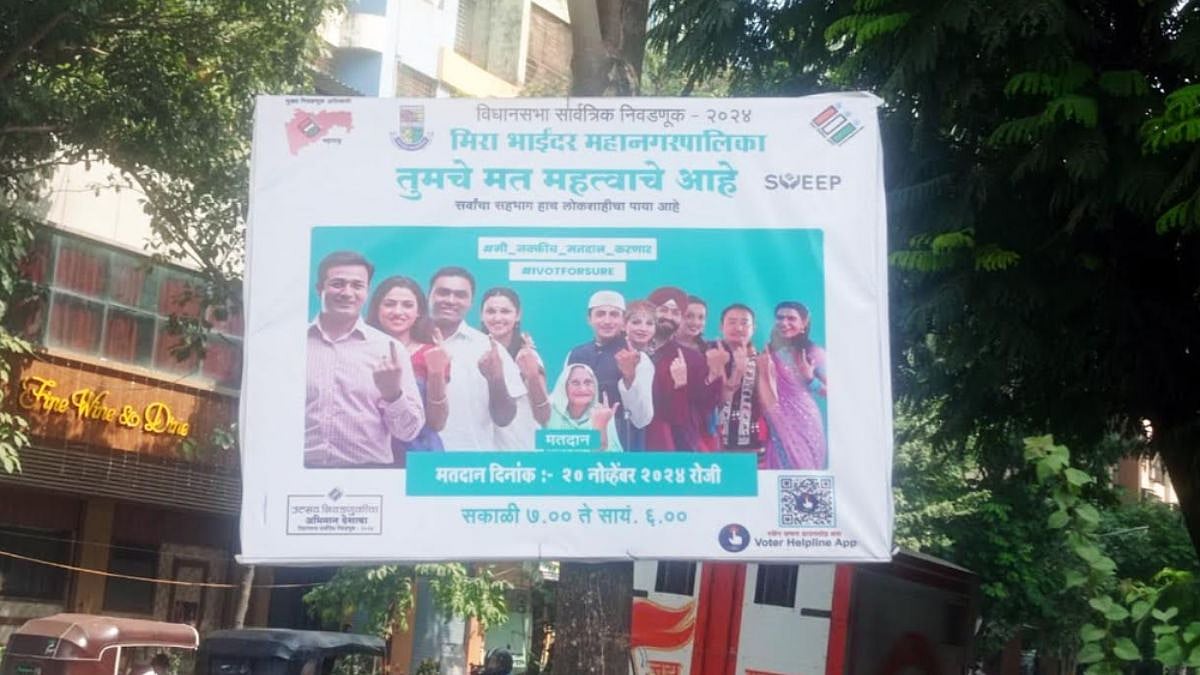A recent proposal to incorporate Hindu epics such as Ramayana and Mahabharata into the school history curriculum has stirred diverse opinions among students. The National Council of Educational Research and Training's (NCERT) Social Science Committee, responsible for revising the social sciences curriculum, introduced several recommendations, aiming to integrate aspects of the Indian knowledge system, including Vedas and Ayurveda, into textbooks.
A high-level panel within the council suggested adding Ramayana and Mahabharata to school textbooks as part of India's 'classical period' history curriculum, as reported by ANI.
Students speak to The FPJ on the proposed change
The Free Press Journal (FPJ) interviewed city students to gauge their responses to this proposed curriculum change. Dhruvika Shah, a seventh-grader at Suniti Devi Singhania School in Thane, emphasized the significance of understanding the narratives of these epics.
She stated, "It's essential for students to possess literacy about these Hindu mythological stories, gaining knowledge about the history and events within the Hindu religion." Ayush Gupta, a tenth-grader from Oxford Public School, Kandivali, supported the proposal, highlighting the lack of awareness among students about characters like Yudhishthira or Arjuna.
Gupta remarked, "In international boards, studying Ramayan is mandatory, and our generation hasn't even seen Ramayan or Mahabharata. So, it's a positive move to propose including them in our history syllabus."
Expressing enthusiasm, Ethan Dmello from Don Bosco School, Borivali drew parallels with the enjoyment of studying historical figures like Shivaji Maharaj. He said, "I think it would be the same for Ramayana and Mahabharata but it should also have lessons related to the future."
Some prefer future oriented education
However, not all students shared the same sentiment. A student from Rustomjee International School in Dahisar expressed a preference for future-focused content, stating, "I think we should focus more on adding information related to things that will be beneficial in the future, not that adding Ramayana and Mahabharata would be bad but other things like technology should also be given preference."
As the proposal navigates varied perspectives, it remains to be seen how educational authorities will balance traditional narratives with contemporary knowledge in shaping the history curriculum.











